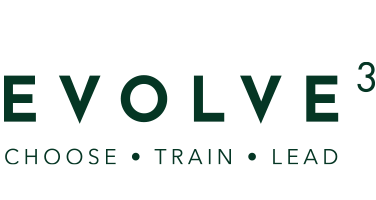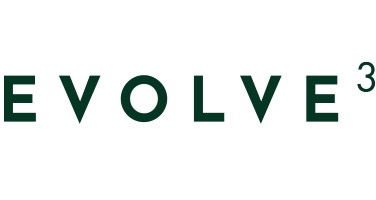
26 May 10 interview questions to help you sort the superstars from the pretenders
One of the symptoms of the current staffing crisis is upward pressure on the salaries of hospitality management candidates. Every hospitality business owner I talk to reports finding themselves in a weaker bargaining position when negotiating salaries with senior candidates, compared to pre-2020. While a senior manager or executive chef could argue that they deserve to be paid more, the question that you must try to answer during the selection interview is:
Does this candidate have the skills and knowledge that match the salary they’re asking for?
If you can get a clear answer to this question, some negotiating power will be restored in favour of the employer. In other words, a searching interview can expose deficiencies in skills and knowledge, and help a candidate get real. Not only does this help decide who is suitable for a job and who isn’t, it arms you, at the time of negotiating a job offer, with the evidence to say:
“During the selection process you’ve indicated that you would require training in certain areas of management, which I’m prepared to provide for you, but that will come at a cost to the business while you learn. For that reason, I’m prepared to offer you $XX,000.”
When this interaction is handled effectively, it can result in a win/win for the employer and the new employee. It should go without saying that if training and development is promised to a senior recruit, you must deliver on that promise.
So, what questions should be asked of a management candidate to understand their skills and knowledge, and what training they will need if they are offered a job? Below is a shortlist of management questions that I rely on when interviewing:
- What could you do to reduce wage costs, as a percentage of revenue?
- What steps would you take to reduce food or beverage costs?
- What are the typical forward planning concerns of a senior manager?
- What are the key HR systems that need to be maintained in a hospitality business?
- How would you go about ensuring that those systems are maintained?
- If the service standards of a venue were below standard, how would you rectify this?
- If I gave you the project to increase customer average spend by $5 within the next 6 months, what steps would you take to deliver the result?
- How would you go about developing someone to become the next {insert name of position}? What would the process involve? What milestones would the person need to reach before you consider them to be ready?
- If I asked you to present a strategy for growing a hospitality business, what would the key parts of the strategy be?
- What would you do to reduce staff turnover?
The takeaway
If the above series of interview questions elicits a puzzled response from a candidate who is expecting a salary at the top end of the bracket for roles of that kind, consider it a warning. A careful process of searching interviews and reference checks might seem like a lot of effort but is worth every second when you consider the cost of getting it wrong.
If you want to improve the efficacy of your own recruitment methods, or help your managers develop their recruitment skills consider the 2-day How to Choose workshop to learn best practice hiring, from ad to offer.



